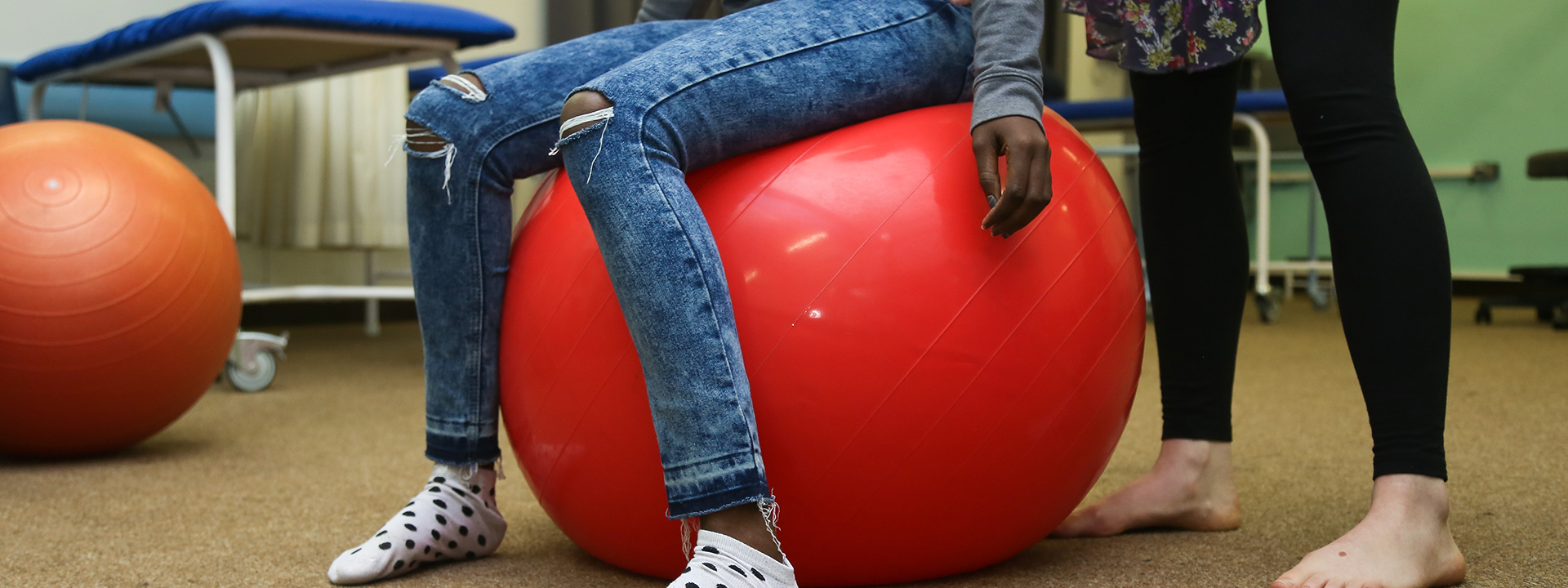
Occupational therapists refer to both familiar and extraordinary things people do every day as occupations. Occupations are named as such because they require people's resources of time, personal capacities, and ability to manage within diverse contexts. Occupational therapists believe that occupation or what people do every day has an important link with health and well-being. It is through occupation that people can draw meaning from life. Yet not everyone can do all they aspire to do in life. Illness or injury often disrupts people's ability to engage meaningfully in everyday occupations. Sometimes people may not be able to pursue personal aspirations due to contextual barriers, even in the absence of illness or injury.
Occupational therapists enable people to overcome barriers within themselves or their environment through reducing functional limitations in the body system, or addressing barriers within contexts where people live, work, attend school, play or pursue leisure. Occupational therapists are trained to assess the person holistically, looking at all aspects of function, and to analyze the environments where people perform activities, so that they can understand how to improve function or adapt the environment in order to foster successful performance. Occupational therapy has developed various treatment modalities which help enable or enhance function. Occupational therapists also use familiar and meaningful occupations during treatment in order to help people who have been ill, injured or disabled to recover their skills, or to develop new ones.
People of all ages with a wide range of diagnoses and conditions, or those restricted from meaningful occupations by their environments, can benefit from occupational therapy services.
The UCT OT Division undergraduate programme exposes students to various domains of practice but specifically Child Learning Development and Play, Work Practice, Physical, Mental Health and Community Development Practice.
The Division of Occupational Therapy at the University of Cape Town's Faculty of Health Sciences is renowned for its occupation-centered training and has developed a track record in providing a socially responsive curriculum, where students do practice learning or fieldwork in a variety of contexts including community centers, schools, vocational training units, and health facilities.
The division offers the following qualifications: BSc (Occupational Therapy), MSc (Occupational Therapy) and PhD (Occupational Therapy).
